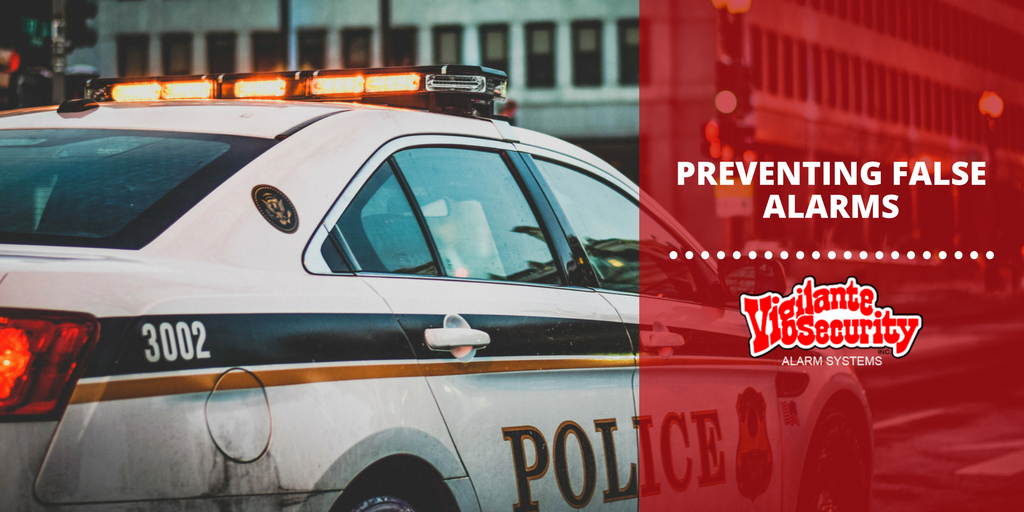How to reduce false alarms
Across the country, police and fire departments spend thousands of hours investigating false alarms. With more communities cutting back on resources, they are limited on manpower to effectively respond to all of the alarm calls.
When the police or fire department is dispatched on a false alarm call, time and resources are consumed that could be used to pursue actual crimes. A speedy response could create a hazard for the responding officer and for others. This is the reason many cities and counties have adopted ordinances mandating fines for erroneous alarm calls. Some cities have adopted ordinances that call for no public safety response under some circumstances. Other municipalities, like Salt Lake City, require a private security firm to verify the validity of an alarm before the police can be called. More and more communities across the nation are addressing this problem with punitive ordinances.
A false alarm can also be an annoyance to neighbors. If your alarm system “cries wolf” too often, your neighbors will likely disregard an alarm triggered by a real emergency.
Here are some causes of false alarms:- Using incorrect keypad codes.
- Failing to train authorized users.
- Failure to secure doors and windows prior to arming the system.
- Wandering pets.
- Re-entering the home just after leaving without disarming (assuming the exit delay is long enough to compensate).
- Objects hanging by or around motion detectors.
- Weak system batteries.
- Faulty equipment.
- Acts of nature (strong winds, electrical storms, etc.).
- Not operating or properly maintaining fireplaces, wood stoves, etc.
- Renovations that can disable devices or cause the alarm to trip.
False alarms due to faulty equipment or acts of nature are rare. The single largest cause of false alarms is human error.
Once the causes are identified, some basic steps should help reduce false alarms.
- Properly train all users (including babysitters, relatives, and children).
- Secure doors and windows before turning on an alarm.
- Keep pets in areas of your home where they won’t trip the system, or get pet-friendly devices.
- Keep your password/codes and call lists up to date with the Central Station.
- Service and maintain the system (including batteries) properly. When renovating, keep in mind changes that may have to be made to your system.
Is there a false alarm ordinance in your area? If so, what is the fine for a false alarm? Check with Vigilante Security, Inc. for information about your specific area.
Modern alarm systems are generally very reliable and false alarm free if installed properly and if used with common sense and care.

